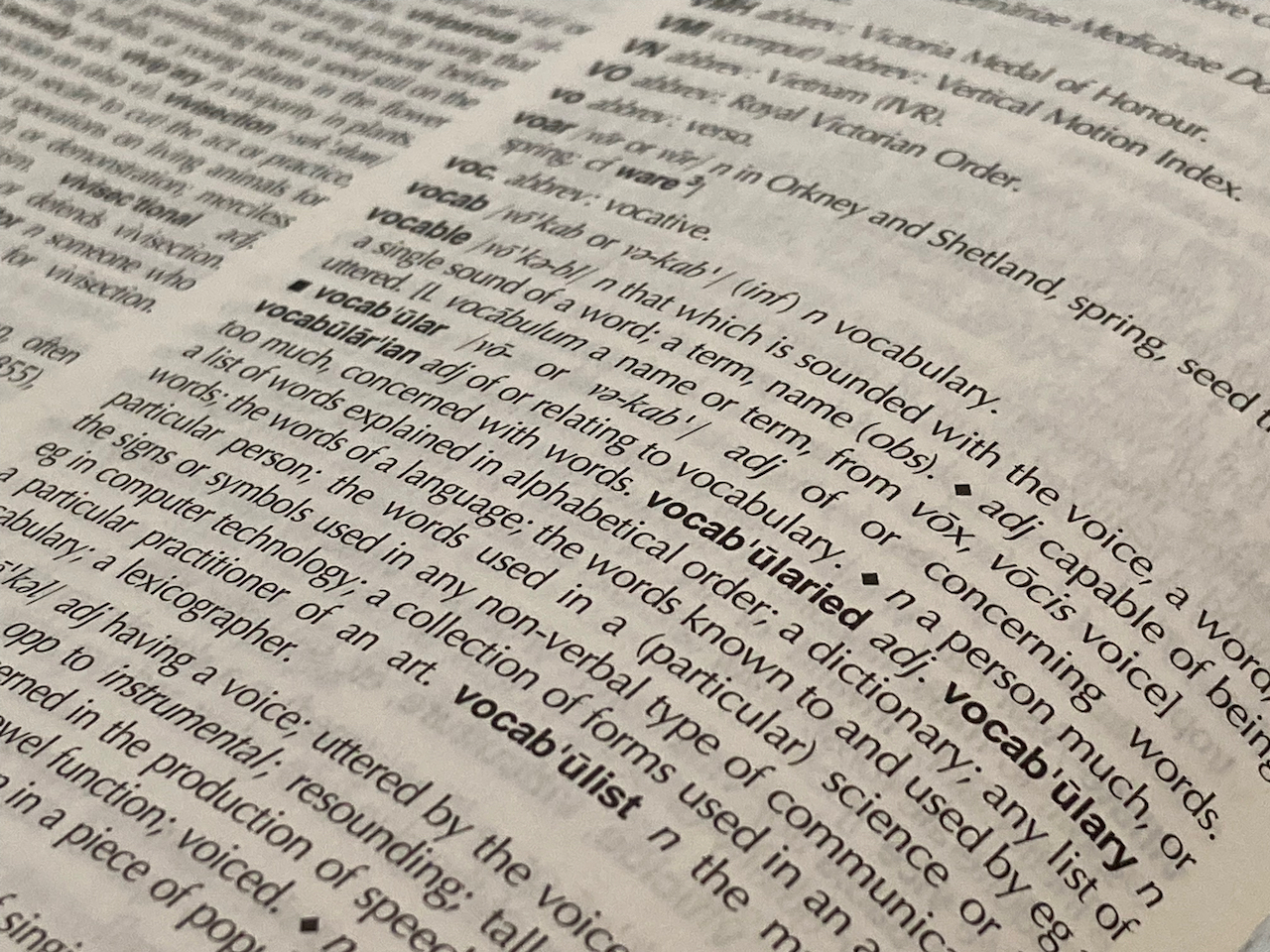
Agendum
A thing to be done.
Yes, you guessed it. This is the singular of agenda. And yes, its use is somewhat archaic. OED calls it «now rare» and Chambers doesn’t list it at all. Agenda’s modern usage is clearly singular; one looks at the agenda before beginning a meeting, and someone promoting political views is said to have an agenda.
But it is at least useful to understand agenda as a list, as opposed to simply «that which someone wants done». It’s a list, a set. And this is why it is grating (though not incorrect) to hear references to «agendas», especially when these agendas belong to a single person.
The utility of the word agendum could be the implication that the goal which one wants to achieve is not the only goal. Agenda has been used to rhetorically suggest that a particular goal overrides other concerns. One might be able to respond to such veiled accusations by clarifying: «of course I have an agenda, and certainly promoting renewable energy is an important agendum of mine.» It’s a clumsy example but hopefully illustrative.
Even if there is no modern utility to agendum it is revealing to the origin of the word and a reminder of how language evolves in sometimes subtle but important ways.
Agendum
Interestingly, my dictionary lists “agendum” as the singular for “agenda” and “agenda” as the singular for “agendas”.
And it defines “agendum” simply as “an item on an agenda”. It is rather amusing when one thinks about it. Is “skeleton” plural for “bone”?
PS
Did you notice I am switching to the British rule of placing periods outside quotes, like we do with question marks and exclamation points. Part of the plan to make our language more rational.…